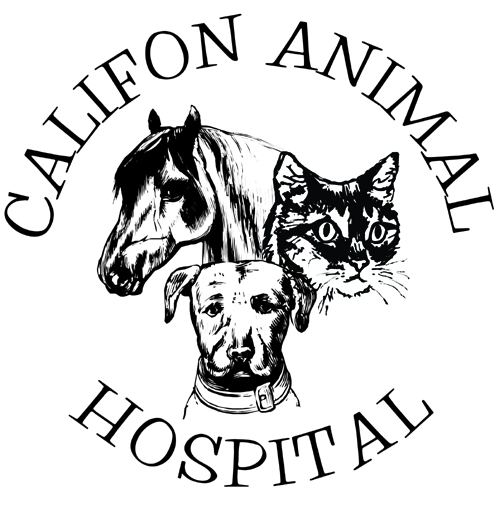Imagine the discomfort of never brushing your teeth or visiting the dentist—this is a painful reality for many dogs and cats. According to the American Veterinary Dental Society, over 80% of dogs and 70% of cats develop dental disease by the age of 3. Dental (or periodontal) disease is the most common health issue diagnosed in pets.
Common signs of dental disease include:
- Yellow or brown tartar buildup on the teeth
- Red, swollen, or bleeding gums
- Foul-smelling breath
- Excessive drooling
- Changes in eating or chewing behavior
- Pawing at the face
- Loose teeth
- Depression
Even if your pet doesn’t show these symptoms, we recommend having a veterinarian evaluate their dental health at least once a year. Over time, bacteria and food particles accumulate around the teeth, leading to the breakdown of soft tissue and bone. If left untreated, this can result in irreversible periodontal disease, tooth loss, and costly oral surgery.
Dental disease can also have serious effects on other organs. Bacteria from the mouth can enter the bloodstream and cause infections in the kidneys, liver, lungs, and heart. If not addressed promptly, these infections can be life-threatening. A thorough physical exam, along with appropriate lab tests, can help detect if oral infections have spread.
Schedule a dental exam for your pet today! We can also show you how to brush your pet’s teeth and recommend foods and treats that help reduce plaque and tartar buildup.

